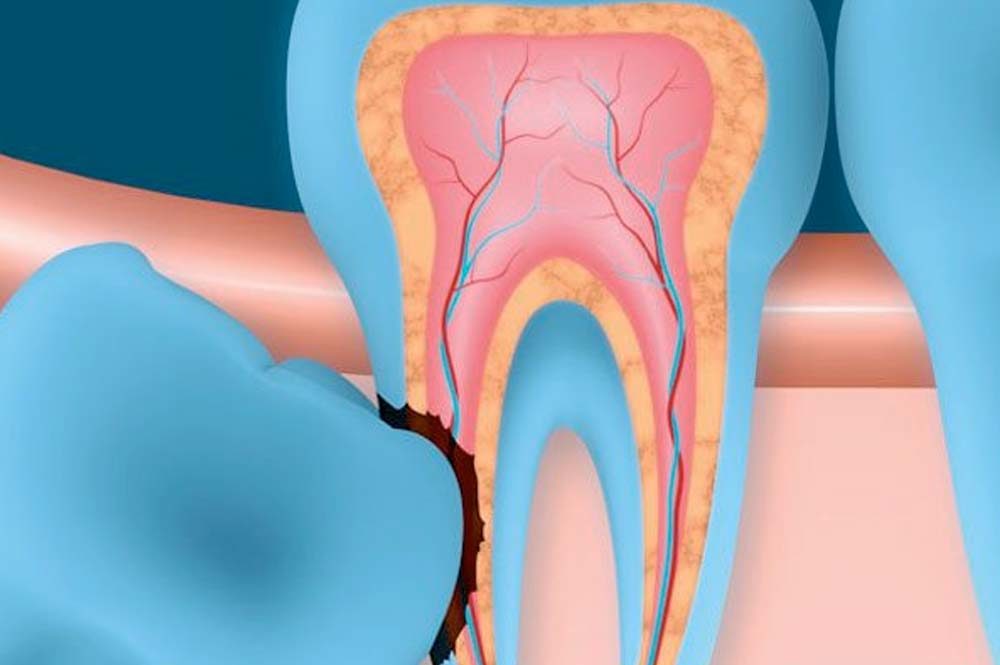Home » Wisdom Teeth Removal

The wisdom teeth (also known as third molars) begin developing in the upper and lower jaws in early childhood. By the time a person has reach 16- to 18-years-old, the wisdom teeth begin to erupt into the mouth. For the majority of people who have a full set of teeth, the wisdom teeth are crowded out to the back part of each jaw where gum tissue remains draped over most of the tooth. Rarely, a person who has lost a molar or two during their early years will have space for a wisdom tooth to migrate forward as it erupts, and thus allow a more complete eruption. For the rest of us, that gum tissue draping over the incompletely erupted—and in some cases, entirely impacted in bone—wisdom tooth collects plaque and bacteria, which leads to inflammation of the overlying tissue and progressive bone loss on the adjacent tooth. For those completely impacted wisdom teeth, cysts may develop and grow to large proportions if left unchecked.
The ideal time to remove wisdom teeth is between 16- and 24-years-old, as the wisdom tooth roots are smaller and, thus, further away from vital structures such as the mandibular nerve and the maxillary sinus. The shorter roots along with the softer, more pliable bone of a patient between 16- and 24-years-old allows these teeth to be removed with less risk to those adjacent vital structures. Furthermore, younger patients heal incredibly quickly, which makes the overall recovery much less uncomfortable. For those patients who still have wisdom teeth at 25-years-old or older, there is a slightly increased risk for bruising of the mandibular nerve, exposure on the maxillary sinus, or slower healing. In these cases, our surgeon may request a 3D scan (see 3D Imaging in Procedures) to better evaluate a patient’s unique anatomy and risk.
What type of anesthetic is used?
At your consultation visit, our surgeon will discuss the anesthetic options for your procedure. Many factors determine what type of anesthetic would be most suitable for your specific situation. These factors include your level of anxiety with dental procedures as well as the duration and complexity of your treatment. In all cases, local anesthesia is used but, in addition to that, patients may have their treatment performed under light sedation, deep sedation, or general anesthesia. Ensuring a comfortable experience for our patients is our top priority, and our surgeon will guide you through the process of determining the anesthetic type that is right for you.
Call to book a consultation with our surgeon at Oxford OMS Centre, and we’ll ensure that your surgical experience is memorable for all the right reasons.
© Copyright Dr. Matthew D. Morrison, Oxford Oral & Maxillofacial Surgery Centre | Dental Website Design by Platinum Design